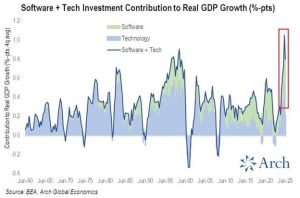The Independent Community Bankers of America (ICBA) are calling for lawmakers and regulators to rein in the cryptocurrency industry. As CBDCs enter mainstream will there be a need for small banks?
The ICBA president Rebeca Romero Rainey recently sent a letter to Congress urging lawmakers and regulators to take a more adequate oversight of crypto, and opposing non-bank stablecoin issuers’ efforts to gain access to the Federal Reserve master account.
According to an article today on Politico, small community banks are the “darlings” of Washington policymakers on both the left and the right, and they have a “deep well of Washington clout”.
Paul Merski, leader of the ICBA congressional relations, says of crypto:
“We don’t believe it should be part of the traditional banking system and lumped in together with that.”
Merski is aware of the power that the small banking community wields. According to the ICBA, the lenders that it represents constitute 99% of all banks across America. Merski states:
“We don’t draft the legislation but we’re probably often the first trade association that members turn to to get our review and opinions,”
Opinion
Merski, and the small banks that he is representing, could probably be forgiven for failing to understand what crypto brings to the financial table.
Being a banker does not mean that you would have much idea of new technology, such as stablecoins and DeFi protocols, which are probably completely beyond your understanding.
These banks are also trying to protect themselves, and their industry from what they perceive to be a threat to the stability of the financial system in which they operate.
However, it’s not really known just how much breadth of understanding that these small banks have in relation to central bank digital currencies (CBDCs).
Would they understand that the chances of them being sidelined and ultimately put out of business by central bank currencies that probably wouldn’t need them as third parties, are quite large.
With wholesale CBDCs there is possibly a place for the larger commercial banks, at least to begin with, but retail CBDCs would open a direct channel between the central bank and the wallet of each citizen, with no banking third party needed.
So in conclusion, whichever way the smaller community banks choose to go, it might appear that their days are numbered. Perhaps if they embraced crypto then at least they could provide custody services.
However, the days of large buildings on mainstreets, staffed by tellers and management staff are probably about to be a relic of the past.
Disclaimer: This article is provided for informational purposes only. It is not offered or intended to be used as legal, tax, investment, financial, or other advice.






















